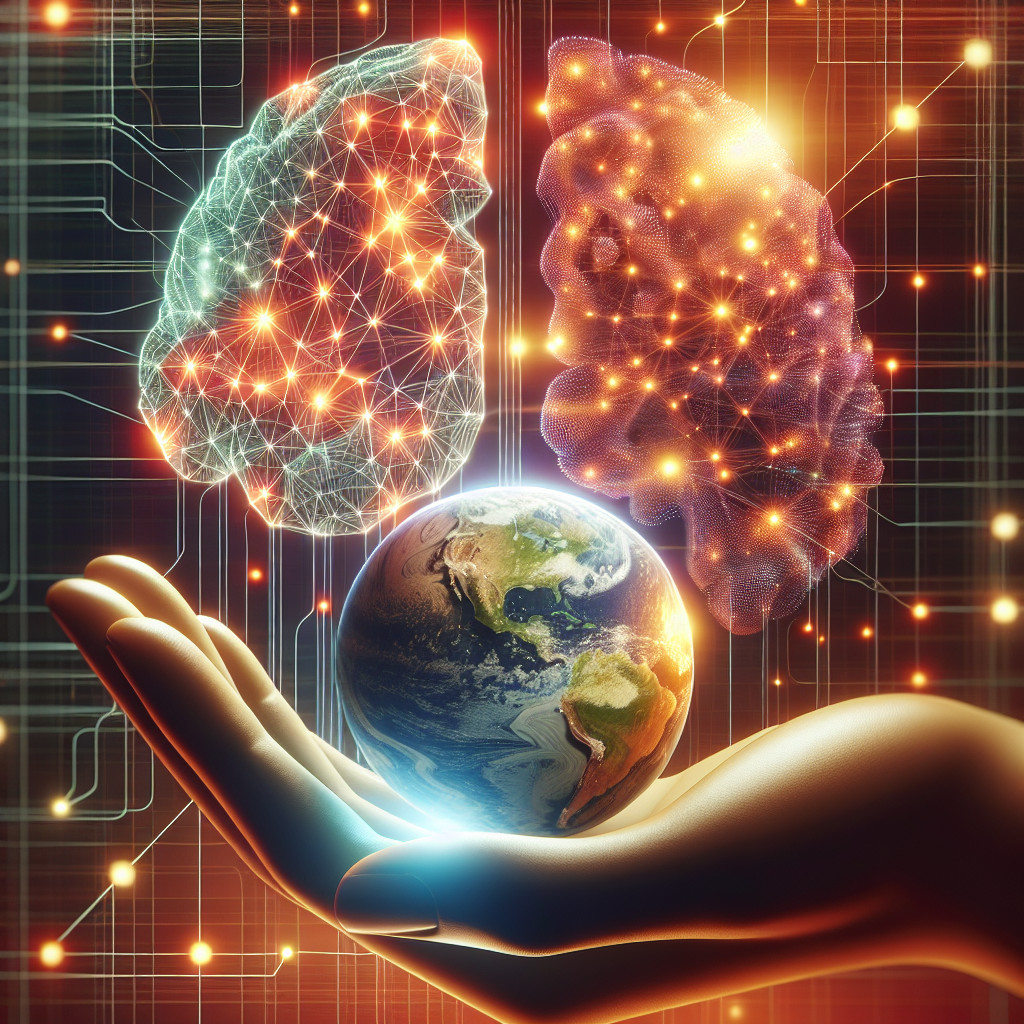In recent years, the intersection of artificial intelligence (AI) software and personalized decision-making has become increasingly prominent in various industries. AI software has the ability to analyze vast amounts of data and make predictions and recommendations based on this data, leading to more personalized and efficient decision-making processes. This has the potential to revolutionize how businesses operate, how healthcare is delivered, and how individuals make everyday choices.
AI software can be used in many different ways to personalize decision-making. For example, in the retail industry, AI can analyze customer data to provide personalized product recommendations, create targeted marketing campaigns, and optimize pricing strategies. In healthcare, AI can help physicians make more accurate diagnoses and treatment recommendations based on a patient’s medical history and symptoms. In finance, AI can analyze market trends and customer data to provide personalized investment recommendations.
One of the key benefits of using AI software for personalized decision-making is its ability to process and analyze large amounts of data quickly and accurately. This can lead to more informed and efficient decision-making processes, as AI can identify patterns and trends that may not be immediately apparent to humans. AI software can also learn and improve over time, making it even more effective at making personalized recommendations.
Another benefit of using AI software for personalized decision-making is its ability to automate certain tasks, freeing up time for individuals to focus on more strategic and complex decision-making. For example, in the healthcare industry, AI can analyze medical images to identify potential abnormalities, allowing radiologists to focus on making treatment recommendations. In the finance industry, AI can automate the process of analyzing market data and making investment recommendations, allowing financial advisors to spend more time working with clients.
However, there are also challenges and limitations to using AI software for personalized decision-making. One challenge is the potential for bias in the data used to train AI algorithms. If the data used to train an AI system is biased, the recommendations it makes may also be biased. This can have serious implications, especially in industries like healthcare and finance where biased decisions can have significant consequences.
Another challenge is the potential for AI systems to make errors or incorrect recommendations. While AI systems can process and analyze vast amounts of data quickly, they are not infallible and may make mistakes. This can be particularly concerning in industries like healthcare where incorrect diagnoses or treatment recommendations can have serious consequences for patients.
Despite these challenges, the intersection of AI software and personalized decision-making has the potential to revolutionize how businesses operate and how individuals make choices in their everyday lives. By harnessing the power of AI, businesses can gain a competitive edge by providing more personalized products and services to their customers. Individuals can also benefit from more personalized recommendations and decision-making processes that take into account their unique preferences and needs.
In conclusion, the intersection of AI software and personalized decision-making holds great promise for transforming various industries and improving the way individuals make choices in their everyday lives. By leveraging the power of AI to analyze data and make personalized recommendations, businesses can gain a competitive edge and individuals can benefit from more informed and efficient decision-making processes. While there are challenges and limitations to using AI for personalized decision-making, the potential benefits far outweigh the risks.
FAQs:
1. How is AI software used for personalized decision-making?
AI software can analyze vast amounts of data to make personalized recommendations and predictions based on an individual’s preferences and needs. This can be used in industries like retail, healthcare, and finance to provide more tailored products and services to customers.
2. What are the benefits of using AI software for personalized decision-making?
Some benefits of using AI software for personalized decision-making include the ability to process and analyze large amounts of data quickly and accurately, automate certain tasks, and improve over time. This can lead to more informed and efficient decision-making processes.
3. What are the challenges of using AI software for personalized decision-making?
Some challenges of using AI software for personalized decision-making include the potential for bias in the data used to train AI algorithms, the potential for errors or incorrect recommendations, and concerns about privacy and security.
4. How can businesses leverage AI software for personalized decision-making?
Businesses can leverage AI software for personalized decision-making by analyzing customer data to provide personalized product recommendations, creating targeted marketing campaigns, and optimizing pricing strategies. This can help businesses gain a competitive edge by providing more tailored products and services to their customers.

